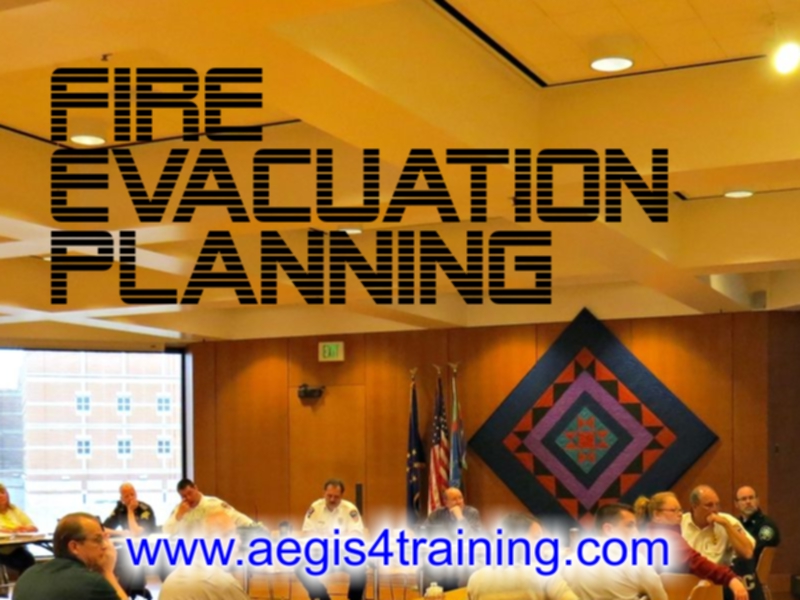
disrupts or stops your operations; or causes physical or property damage.
Emergencies may be natural or manmade and include the following:
Floods, Hurricanes, Tornadoes, Fires, Toxic gas releases, Chemical spills, Radiological accidents,
Explosions, Civil disturbances, and Workplace violence resulting in bodily harm and hazard.
The best way is to prepare to react to an emergency before it happens. Few can think clearly and
logically in a crisis, so it is vital to do so in advance, when you have time to be careful.
Discuss the worst-case scenarios. Ask yourself what you would do if the worst happened. What if a fire
broke out in your boiler room? Or a hurricane hit your building head-on? Or a train carrying hazardous
waste derailed while passing your loading dock? Once you have identified potential emergencies,
consider how they would affect you and your workers and how you would respond.
An emergency action plan covers designated actions employers and employees must take to ensure
employee safety from fire and other emergencies. Not all employers are required to establish an
emergency action plan. Even if you are not specifically required to do so, compiling an emergency action
plan is a good way to protect yourself, your employees, and your business during an emergency.
Putting together a comprehensive emergency action plan that deals with all types of issues specific to
your worksite is not difficult.
You may find it beneficial to include your management team and employees in the process. Explain your
goal of protecting lives and property in the event of an emergency, and ask for their help in establishing
and implementing your emergency action plan. Their commitment and support are critical to the plan’s
success.
Visit our course page!

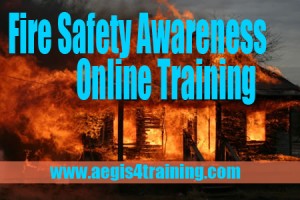
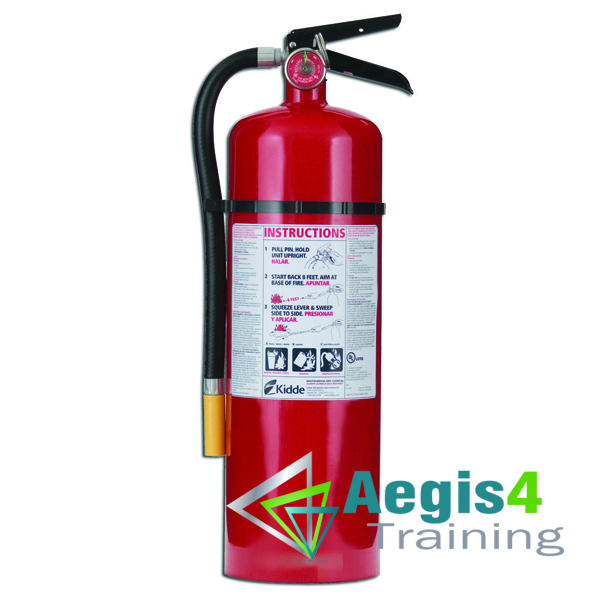 Current enactment, The Administrative Change (Fire Security) Request 2005, applies to all working environments paying little respect to the quantity of representatives and obliges businesses to give sufficient preparing in flame mindfulness for all individuals from their staff.
Current enactment, The Administrative Change (Fire Security) Request 2005, applies to all working environments paying little respect to the quantity of representatives and obliges businesses to give sufficient preparing in flame mindfulness for all individuals from their staff.
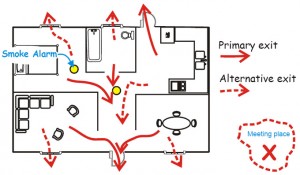

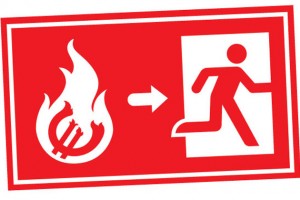
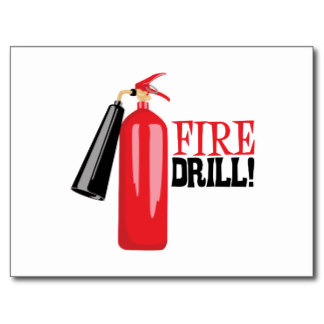 Rehearse your home
Rehearse your home